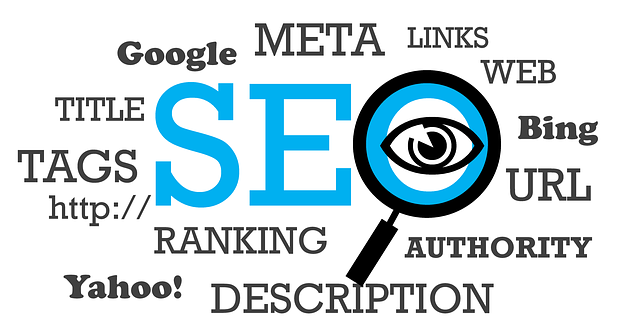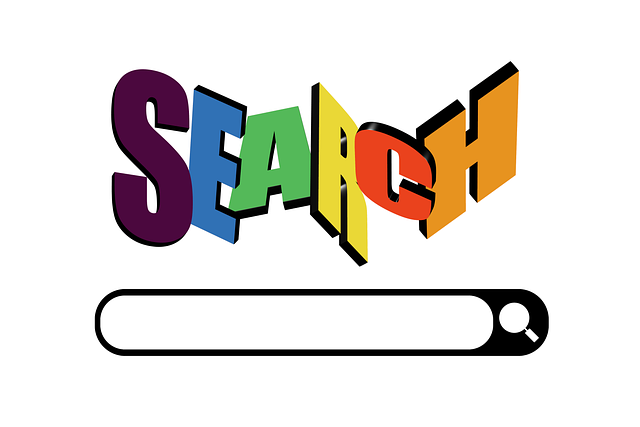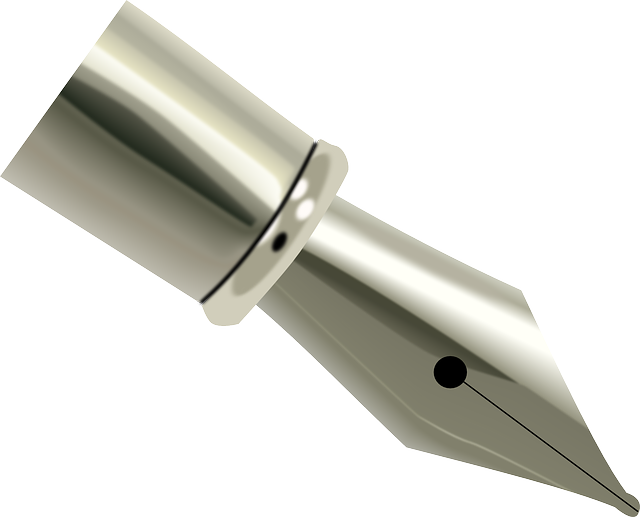Meta tags are crucial for a webpage's SEO as they provide search engines with vital information about content, context, and relevance. Optimizing meta titles and descriptions with relevant keywords enhances website visibility and increases the chance of higher search engine rankings, attracting organic traffic. Crafting compelling titles and descriptions that balance keyword optimization and readability is key. Advanced tags like `robots` can manage crawler interactions and optimize site indexing. In a mobile-first world, responsive meta tags are essential for click-through rates and user experience across devices. Regularly analyzing CTRs through analytics tools allows you to refine your SEO strategy based on user behavior, ultimately improving rankings with effective SEO tips for ranking higher.
Meta tags are essential elements that often get overlooked in search engine optimization (SEO) strategies. These hidden pieces of code hold significant power, acting as a bridge between your website and search engines. In this comprehensive guide, we’ll explore how optimizing meta tags can significantly improve your site’s visibility and drive higher rankings. From understanding the fundamentals to advanced techniques, discover practical SEO tips for meta tag optimization that will help you stay ahead in today’s competitive digital landscape.
Understanding Meta Tags and Their Role in SEO

Meta tags are essential elements of a webpage’s code, serving as a bridge between your website and search engine algorithms. They provide search engines with crucial information about your page’s content, context, and relevance, which is vital for effective SEO strategies. These tags act as a snapshot of what a web page is about, helping search engines understand the purpose and value it offers to users.
When optimizing meta tags, focusing on relevant keywords becomes an essential SEO tip for ranking higher. While meta descriptions entice clicks with compelling language, meta titles directly impact visibility in search results. Crafting these tags with strategic keywords ensures your website appears more relevant to searchers’ queries, boosting its chances of securing a top spot and attracting organic traffic.
Key Components of Effective Meta Tag Optimization

Effective meta tag optimization is a strategic process that involves several key components, designed to enhance your website’s visibility and improve its search engine rankings. One of the most important elements is crafting compelling and keyword-rich titles that accurately represent your content while incorporating relevant SEO tips for ranking higher. These titles should be concise yet informative, capturing the essence of what users will find on your page.
Additionally, optimizing meta descriptions ensures your website’s appeal to potential visitors. While search engines primarily rely on keywords, a well-written meta description can increase click-through rates by highlighting the value proposition of your content. It’s an opportunity to craft a compelling narrative that entices users to explore further, thereby boosting engagement and potentially improving your site’s overall performance in search results.
Optimizing Title Tags for Maximum Impact

Title tags are a crucial aspect of on-page SEO, serving as the primary piece of content that search engines use to understand your web page’s purpose. When crafting an optimized title tag, it’s essential to keep it concise and descriptive, typically incorporating your target keyword while also highlighting the unique value proposition of your content. For instance, if you run a blog about ‘SEO Tips for Ranking Higher’, your title tag might be something like: “Master SEO Strategies: Elevate Your Rankings with Proven Tips.” This not only includes your primary keyword but also communicates the benefit readers can expect from the article.
Search engines prioritize displaying relevant and engaging content in search results, so a compelling title tag is key to capturing their attention and encouraging clicks. Remember, while including keywords is vital, the title should read naturally and attractively, ensuring it stands out in the crowded landscape of search result titles. This balance between keyword optimization and readability will contribute significantly to improving your page’s visibility and, ultimately, its ranking potential.
Crafting Compelling Meta Descriptions

Crafting compelling meta descriptions is a crucial component of any SEO strategy, offering a unique chance to capture searchers’ attention and entice them to click through to your website. These concise snippets appear below a link in search results, providing a brief overview of what users can expect from your page. To make them truly effective, focus on clarity and creativity. Begin with accurately summarizing the main topic or service your webpage offers, incorporating relevant keywords naturally and seamlessly. This not only aids search engines in understanding your content but also gives potential visitors a clear idea of whether your site aligns with their search intent.
When it comes to SEO tips for ranking higher, meta descriptions play a significant role. They can significantly influence click-through rates (CTRs), which are a key metric used by search engines to determine a webpage’s relevance and quality. A well-crafted description that highlights unique selling points or offers a problem solution can boost CTRs, signaling to search algorithms that your content is valuable and relevant to users’ queries. Remember, while meta descriptions don’t directly affect rankings in the same way as on-page content or backlinks, they are an indirect yet powerful tool to drive organic traffic and, ultimately, contribute to improved search engine visibility.
Leveraging Meta Robots and Other Advanced Tags

In the pursuit of boosting your website’s visibility and securing higher rankings on search engines, leveraging Meta Robots and other advanced tags can be a strategic move. These tags offer fine-grained control over how search engine crawlers interact with your pages, helping to optimize your site for both users and search algorithms. For instance, the `robots` meta tag allows you to instruct bots whether to index a page or follow links within it, which is crucial for managing duplicate content and preventing excessive crawling.
By employing these advanced SEO tips for ranking higher, you can enhance your website’s accessibility and efficiency. Additionally, other tags like `name` and `content` provide valuable context to both users and search engines, ensuring that the right information is associated with specific elements on your pages. This attention to detail not only aids in better indexing but also contributes to a more engaging user experience, thereby encouraging longer visits and lower bounce rates—all factors that positively impact your site’s overall SEO performance.
Best Practices for Mobile-First Meta Tagging

In today’s mobile-centric world, optimizing meta tags for a mobile-first approach is paramount for effective SEO strategies. Search engines prioritize user experience on smaller screens, so crafting meta tags that cater to this audience is crucial for SEO tips for ranking higher. Begin by ensuring your meta title and description are concise and tailored for mobile users, as these elements significantly impact click-through rates. Given the limited space on mobile search results pages, clear and compelling content is essential.
When implementing meta tag optimization, focus on creating dynamic content that adapts to different devices. Utilize responsive meta tags, allowing your web page to display relevant and structured data across various platforms. This practice not only enhances user experience but also signals to search engines that your website is optimized for mobile, potentially boosting its ranking potential. Remember, the goal is to provide a seamless and engaging experience for all users, whether they’re on a desktop or a smartphone.
Measuring Success: Tracking Meta Tag Optimization Results

Measuring success is a crucial step in understanding whether your meta tag optimization efforts are paying off. One effective method to track results is by utilizing analytics tools provided by search engines like Google Analytics. These tools allow you to monitor click-through rates (CTRs) from organic search results, which can directly correlate with the effectiveness of your meta descriptions and titles. Higher CTRs indicate that your optimized meta tags are attracting more clicks, suggesting improved visibility and potential ranking boosts.
Regularly analyzing these metrics offers valuable insights into user behavior and interaction with your website’s content. By identifying high-performing meta tags that drive significant traffic and conversions, you can refine your SEO strategy for better results. This data-driven approach enables you to make informed decisions on which keywords and phrasing resonate most with your target audience, ultimately leading to higher search engine rankings and increased online visibility.
